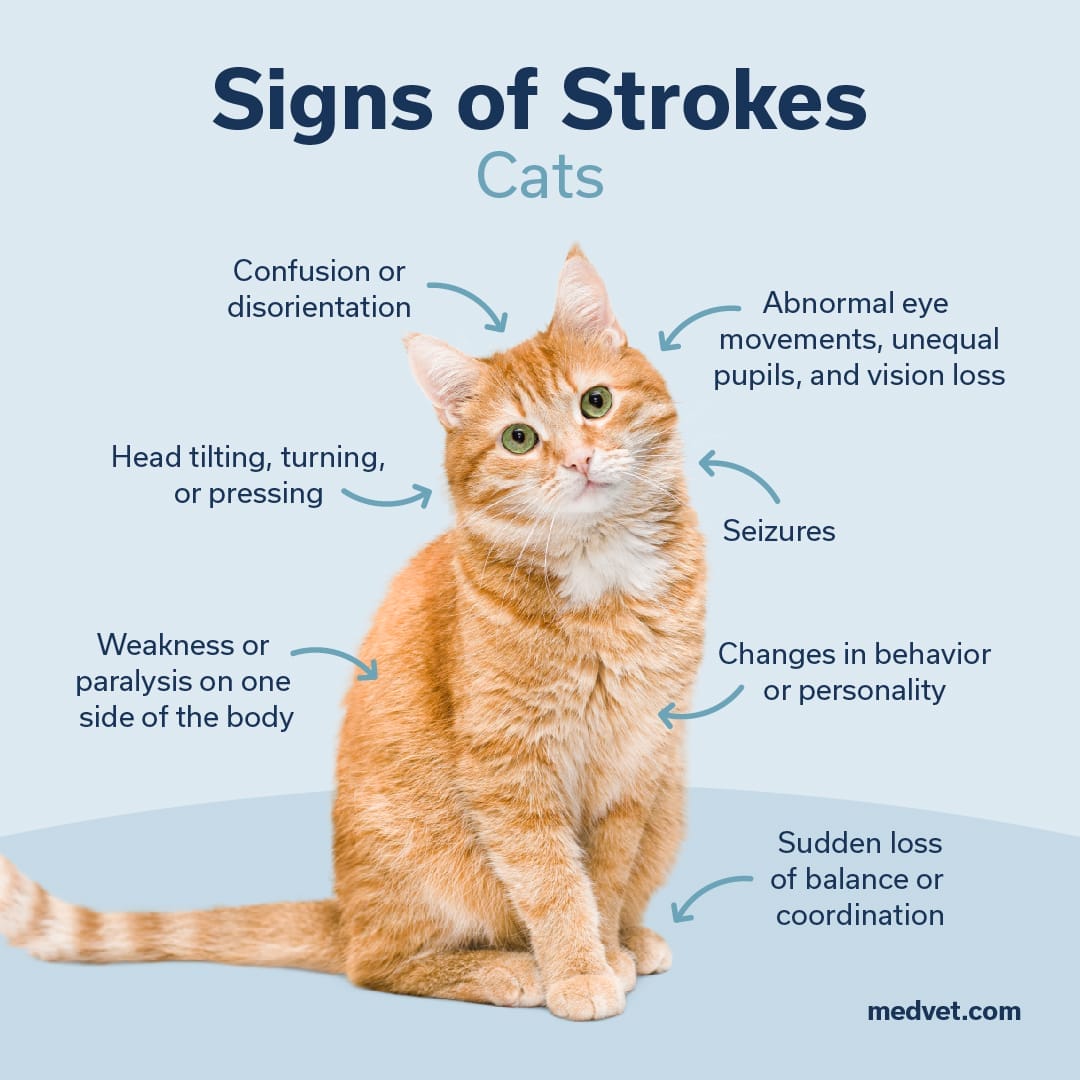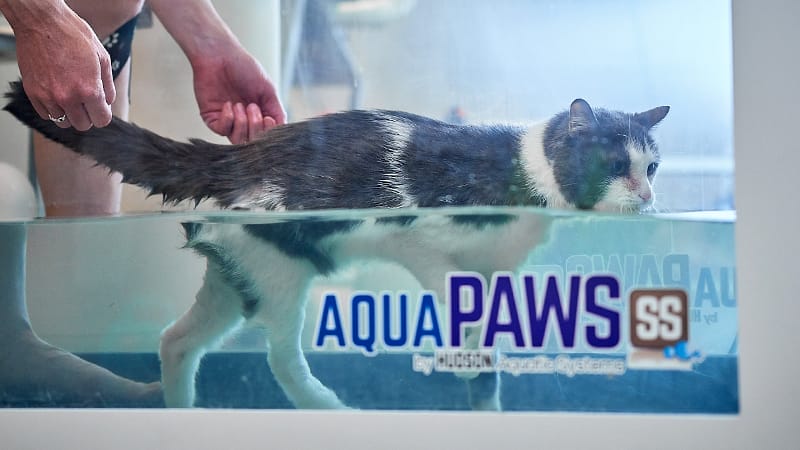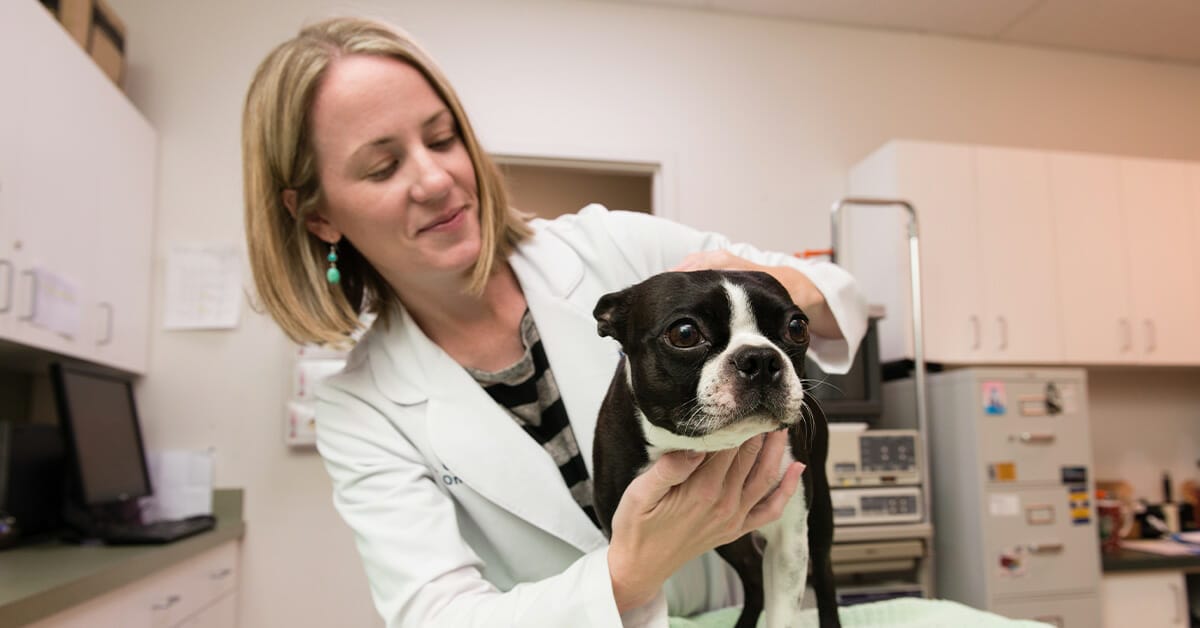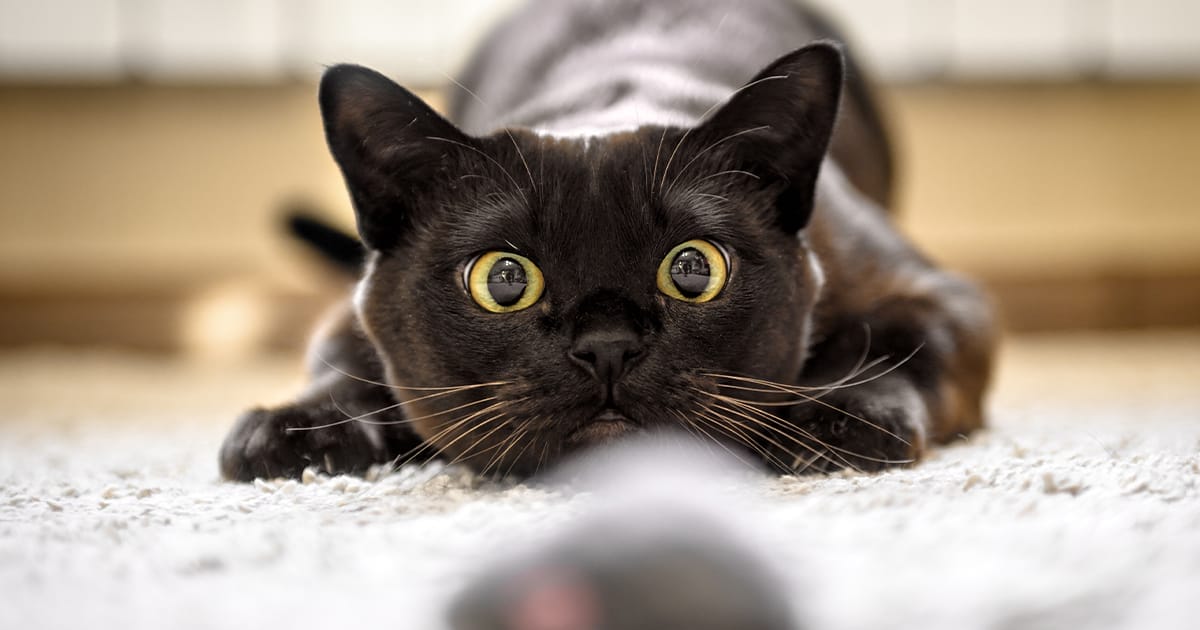Understanding Strokes in Cats: What You Need to Know
Cats who have strokes increase their chance of recovery with prompt veterinary care. Learn the signs of stroke and treatment.
While cats do not commonly have strokes, they can occur in response to various underlying medical conditions. In these cases, prompt medical care is needed to improve their chances of recovery. Knowing the signs of a stroke in cats, how they are diagnosed, and treatment options can help your cat regain their health and wellbeing after a stroke.
What Causes Strokes in Cats?
A stroke, also known as a cerebrovascular accident (CVA), occurs when there is a disruption in the blood supply to the brain, leading to the malfunctioning and (depending on severity) death of brain cells. Strokes in cats can be caused by various underlying systemic factors, such as an elevated blood pressure (+/- hyperthyroidism and/or kidney disease), excess blood clot formation due to endocrine or kidney disease, underlying cancer, heart disease, and trauma, among others. These can lead to either the blockage of a blood vessel (i.e. ischemic stroke) or a regional bleed in the brain (i.e. hemorrhagic stroke). In a subset of cases the underlying cause of the stroke cannot be identified.
Signs of Stroke in Cats
Signs of stroke in cats develop suddenly and can progress thereafter for up to 24 hours after the stroke has occurred. If your cat is experiencing a stroke, they may show one or more of these signs:
- Sudden loss of balance or coordination
- Head tilting, turning, or pressing
- Weakness or paralysis on one side of the body
- Abnormal eye movements
- Unequal pupil size
- Vision loss
- Seizures
- Disorientation or confusion
- Changes in behavior or personality
Keep in mind, cats will exhibit different neurological signs depending on stroke severity and the part of the brain affected.

Diagnosis of Stroke in Cats
If you suspect your cat has had a stroke, seek immediate veterinary attention. If your family veterinarian is unavailable, go to the nearest MedVet or veterinary emergency hospital. Your family veterinarian will likely refer you to a veterinary neurologist who specializes in the diagnosis, care and treatment of your cat’s complex nervous system for more advanced diagnostics or treatment.
The veterinarian will perform a thorough physical examination of your pet, review the medical history, and conduct diagnostic tests such as blood work, imaging (typically an MRI scan), neurological assessments, and blood clotting analysis. These tests help rule out underlying conditions and confirm the presence of a stroke. Your pet will need to be anesthetized for MRI testing to minimize stress and to allow the medical team to acquire diagnostic images for your pet.
Stroke Treatment Options for Cats
The treatment approach for strokes in cats focuses on managing the underlying cause, minimizing further damage, and supporting your cat’s recovery. Treatment options may include:
- Medications: Depending on the cause and severity of the stroke, your veterinarian may prescribe medications to reduce inflammation, prevent blood clots, or manage underlying conditions.
- Rehabilitation: Physical therapy, including exercises and range-of-motion activities, can help cats regain strength and mobility.
- Supportive care: Cats may require hospitalization for monitoring, intravenous fluids, and assistance with feeding and/or elimination, depending on the severity of their signs.
Note: the above information refers to a stroke, i.e. a blood clot/focal bleed in the brain, rather than a blood clot traveling to the distal aorta, as in feline aortic thromboembolism. The latter results in pain and paralysis in their rear legs. Cats with this condition often have heart failure and may require ICU therapy. If you note these signs please bring your pet to an emergency room right away.

Can My Cat Recover from a Stroke?
The prognosis for cats that have suffered a stroke varies depending on the severity, underlying cause, and promptness of treatment. Some cats may experience a full recovery, while others may have residual neurological deficits. It is essential to discuss the prognosis with your veterinarian, as they can provide a more accurate assessment based on your cat’s specific condition.
Helping Your Cat Recover from a Stroke
There are several things pet owners can do at home to support their cat’s recovery from stroke, including:
- Follow medication instructions: Administer prescribed medications as directed by your veterinarian.
- Provide a safe environment: Create a safe and comfortable environment, minimizing obstacles that may hinder mobility.
- Provide encouragement: Offer plenty of love, patience, and reassurance to help reduce stress and anxiety.
- Keep your cat active: Assist your cat with gentle exercise and physical therapy to address neurological deficits, as recommended by your veterinarian. Some of the different types of physical therapy treatment include therapeutic ultrasound, cold or low-level laser therapy, electrical stimulation, therapeutic exercises, massage, or even an underwater treadmill.
- Maintain a consistent routine: Cats recovering from a stroke benefit from a stable and predictable routine. Stick to regular feeding times and play sessions.
- Nutrition: Provide a balanced and nutritious diet to support your cat’s overall health and recovery.
- Monitor for changes: Monitor your cat’s behavior, appetite, and litter box habits, and report any changes to your veterinarian.
While strokes in cats can be a distressing experience for both pets and their owners, early recognition, prompt veterinary care, and appropriate home care can significantly improve their chances of recovery.
Learn more about veterinary neurology and neurosurgery care.
FAQs
Contents



